Smoke damage can wreak havoc on your property, leaving behind a trail of destruction and unpleasant odors. If you have experienced smoke damage, you may be entitled to compensation through your insurance policy. Understanding the ins and outs of smoke damage insurance claims can make a significant difference in the outcome of your claim. In this article, we will explore the various aspects of smoke damage insurance claims and provide you with valuable insights to navigate the process effectively.
When a fire occurs, the damages extend far beyond the flames themselves. Smoke, a byproduct of fire, can infiltrate every nook and cranny of your property, causing extensive damage to your belongings, structure, and even your health. Dealing with the aftermath of a fire and the subsequent smoke damage can be overwhelming, but having the right insurance coverage in place can offer financial protection and peace of mind.
Importance of Smoke Damage Insurance
Having smoke damage insurance coverage is crucial for homeowners and business owners alike. It provides financial protection against the high costs of repairs, restoration, and replacing damaged items. Insurance coverage can vary, so it is important to review your policy to ensure you have adequate protection in the event of smoke damage.

The Claims Process
Filing a smoke damage insurance claim involves several steps, and being prepared and organized can greatly impact the success of your claim. The following steps outline the typical claims process:
1. Initial Steps
As soon as it is safe to do so, take the necessary steps to secure your property and prevent further damage. This may involve boarding up broken windows, covering damaged areas, or arranging temporary repairs.
2. Documenting the Damage
Thoroughly document the smoke damage by taking photographs and videos. Make a detailed inventory of the affected items and note their value. This documentation will serve as crucial evidence during the claims process.
3. Contacting Your Insurance Company
Notify your insurance company of the smoke damage as soon as possible. Provide them with a detailed account of the incident and the extent of the damage. They will guide you on the next steps to take.
4. Meeting with Adjusters
An insurance adjuster will visit your property to assess the extent of the smoke damage. Accompany the adjuster during the inspection and point out all the areas affected. Ensure that the adjuster takes note of all the damages.
5. Negotiating the Settlement
Once the adjuster has completed their assessment, they will provide you with a settlement offer. Review the offer carefully and negotiate if necessary. If you believe the offer is insufficient, provide additional evidence to support your claim.
Reasons insurance companies deny fire claims
Inaccurate or Insufficient Information
When filing a fire insurance claim, providing accurate and detailed information is crucial. Insurance companies may deny claims if the information provided is found to be inaccurate or insufficient. It is essential to provide a comprehensive account of the incident, including the cause of the fire, the extent of the damage, and a list of affected items.
Policy Exclusions
Insurance policies often contain specific exclusions that limit coverage for certain types of fire damage. These exclusions may include intentional acts, natural disasters, or certain types of personal property. It is important to review the policy carefully and understand the coverage limitations to avoid claim denials based on policy exclusions.
Failure to Meet Policy Requirements
Insurance policies come with certain requirements that policyholders must meet to be eligible for coverage. Failure to meet these requirements can lead to claim denials. Common requirements may include regular maintenance of fire safety systems, compliance with building codes, or providing accurate updates to the insurance company regarding property modifications.
Arson or Suspicious Circumstances
If the insurance company suspects arson or fraudulent activities related to the fire, they may deny the claim. Investigations may be conducted to determine the cause of the fire and whether there is any evidence of intentional acts or suspicious circumstances. Providing honest and accurate information during the claims process is vital to avoid claim denial.
Non-Disclosed Information
Failure to disclose relevant information during the application process can provide grounds for the insurance company to deny a fire claim. It is essential to provide accurate information about the property, previous claims history, and any other details requested by the insurer. Non-disclosure of relevant information can be seen as a breach of the insurance contract, leading to claim denial.

How long does it take for insurance to pay out after a fire?
Most fire&smoke claims should settle within 90-120 days.
The time it takes for insurance to pay out after a fire can vary significantly. In straightforward cases with minimal complications, insurance companies aim to process and settle claims within a few weeks. However, more complex cases that involve extensive damage, investigations, or disputes may take several months to resolve.
Dealing with Delays
Unfortunately, delays are not uncommon in insurance claim settlements, especially in complex fire-related cases. Reasons for delays can include backlog at the insurance company, additional investigations, or disputes between parties. If you encounter delays, it is important to maintain open communication with your insurance company and follow up regularly to expedite the process.
Tips for Filing Smoke Damage Insurance Claims
Filing a smoke damage insurance claim can be a complex and time-consuming process. The following tips can help you navigate the process more effectively:
Prompt Reporting
Report the smoke damage to your insurance company as soon as possible. Prompt reporting helps expedite the claims process and prevents any delays or complications.
Documenting Evidence
Thoroughly document the smoke damage by taking photographs, videos, and written notes. This evidence will support your claim and ensure you receive proper compensation.
Seeking Professional Help
Consider hiring a smoke damage restoration company or a public adjuster to assist you throughout the claims process. These professionals have expertise in handling insurance claims and can maximize your chances of a successful outcome.
Reviewing Your Policy
Carefully review your insurance policy to understand the coverage, exclusions, and limitations related to smoke damage. Knowing your rights and entitlements can help you navigate the claims process more effectively.
Being Persistent
Be persistent in following up with your insurance company to ensure your claim progresses smoothly. Maintain regular communication and provide any additional information or documentation they may require.
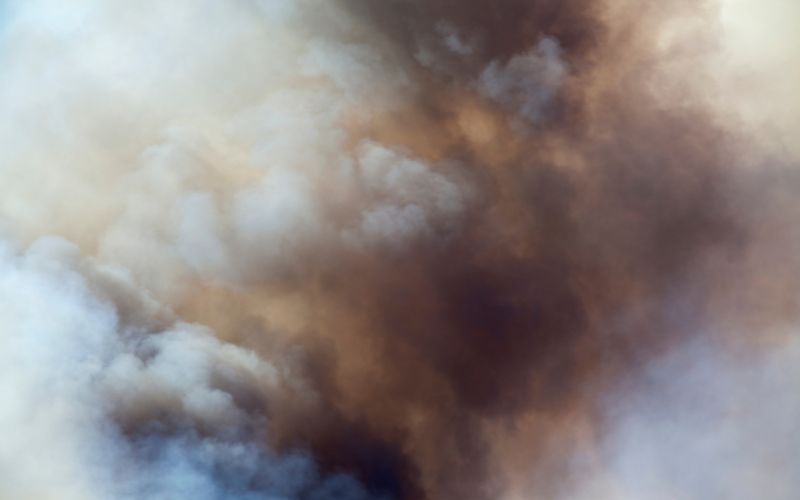
Common Challenges in Smoke Damage Insurance Claims
Denial of Claims
Despite having insurance coverage, smoke damage insurance claims can face several challenges. It’s essential to be aware of these potential hurdles:
Insurance companies may deny smoke damage claims due to policy exclusions, inadequate evidence, or other reasons. If your claim is denied, review the denial letter carefully and consider appealing the decision.
Underpayment of Claims
Insurance companies may undervalue smoke damage claims, offering settlements that do not fully cover the cost of repairs and restoration. It is crucial to assess the damages accurately and negotiate for a fair settlement.
Delayed Settlements
The claims process can sometimes be lengthy, resulting in delayed settlements. Stay in regular contact with your insurance company and document all communications to ensure your claim progresses in a timely manner.
Hiring a Public Adjuster
If you encounter difficulties during the claims process or feel overwhelmed by the complexities, hiring a public adjuster can be a wise decision. Public adjusters work on your behalf to ensure your interests are protected and can help you navigate the process more efficiently.
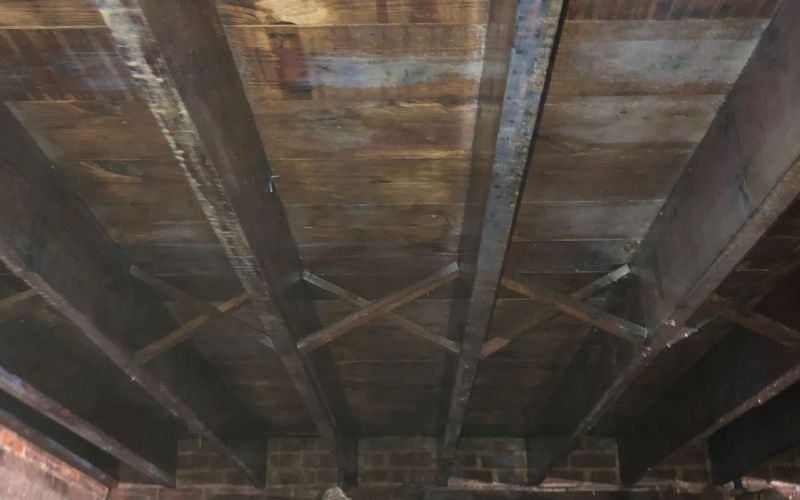
How to Maximize Your Smoke Damage Insurance Claim
To maximize your smoke damage insurance claim, consider the following steps:
- Present detailed evidence of the smoke damage and its impact on your property.
- Provide estimates from reputable contractors for repairs and restoration.
- Keep a record of all expenses related to the smoke damage, including temporary housing or alternative accommodations.
- Review your insurance policy and understand the coverage available for smoke damage.
- Seek professional advice from restoration experts or public adjusters to ensure you receive proper compensation.
Steps to Take After Settling the Claim
Once you have settled your smoke damage insurance claim, there are additional steps you should take:
- Arrange for professional smoke damage restoration and cleaning services to ensure your property is fully restored.
- Address any lingering odors by engaging professionals who specialize in smoke odor removal.
- Review your insurance policy and consider any necessary updates or adjustments to prevent future disputes or coverage gaps.
Understanding Smoke Damage
Smoke damage refers to the effects caused by the deposition of soot and other byproducts of combustion on surfaces and materials. Smoke can travel through air ducts, seep into walls and furniture, and leave behind a lingering odor. The severity of smoke damage depends on factors such as the size of the fire, the duration of exposure, and the proximity of the fire to the affected property.
Types of Smoke Damage
Smoke damage can manifest in various forms, each requiring specific attention and restoration techniques. The types of smoke damage include:
Wet Smoke Damage
Wet smoke damage occurs as a result of low-heat, smoldering fires. It produces sticky residues that are challenging to clean and have a pungent odor.
Dry Smoke Damage
Dry smoke damage results from high-heat, fast-burning fires. It leaves behind powdery residues that can easily spread and cause extensive damage.
Protein Smoke Damage
Protein smoke damage is caused by the burning of organic materials such as food or grease. It leaves behind a strong odor and can be challenging to remove.
Fuel Oil Smoke Damage
Fuel oil smoke damage is specific to incidents involving oil-burning furnaces. It creates thick black smoke, leaving behind a stubborn residue.
Causes of Smoke Damage
Smoke damage can occur due to various factors, including:
- House fires
- Kitchen mishaps
- Electrical malfunctions
- Wildfires
- Furnace puff backs
- Arson or vandalism
Understanding the cause of smoke damage is essential when filing an insurance claim, as it helps establish the circumstances surrounding the incident.
Preventing Smoke Damage in the Future
While smoke damage can be unpredictable, there are preventive measures you can take to minimize the risk:
- Install smoke detectors on every level of your property and regularly test them.
- Maintain your electrical system and appliances to reduce the risk of electrical fires.
- Practice safe cooking habits and never leave cooking unattended.
- Have your heating systems and chimneys inspected and cleaned regularly.
- Store flammable materials and chemicals properly, away from potential ignition sources.
Conclusion
Experiencing smoke damage can be a stressful and challenging situation. However, understanding the ins and outs of smoke damage insurance claims can empower you to navigate the process effectively. By promptly reporting the damage, documenting evidence, and seeking professional assistance when needed, you can increase the likelihood of a successful claim outcome. Remember to review your policy, communicate with your insurance company, and take preventive measures to minimize the risk of future smoke damage.
FAQ
The timeframe for filing a smoke damage insurance claim can vary depending on your policy and the insurance company. It is best to report the damage as soon as possible to avoid any potential issues.
Most homeowner’s insurance policies cover smoke damage caused by wildfires. However, it is important to review your policy and consult with your insurance company to confirm the coverage.
While it is possible to handle the claim process on your own, seeking professional assistance from smoke damage restoration experts or public adjusters can significantly increase your chances of a successful claim outcome.
If your smoke damage claim is denied, carefully review the denial letter to understand the reasons. You may consider appealing the decision or seeking legal advice to explore your options.



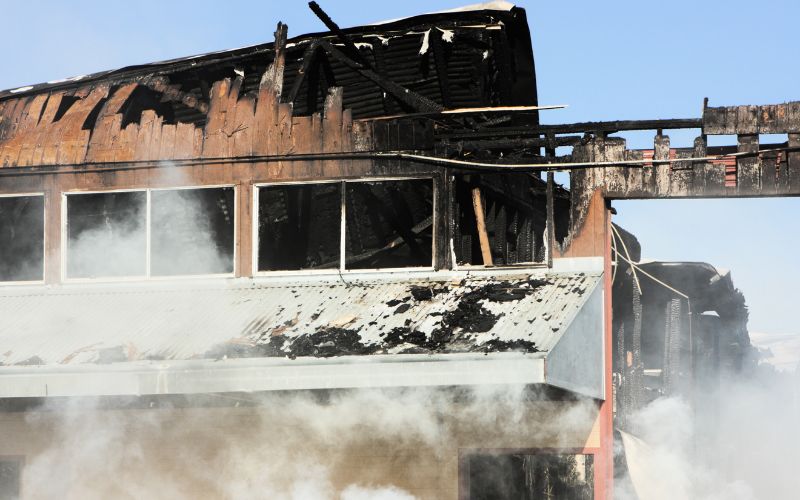
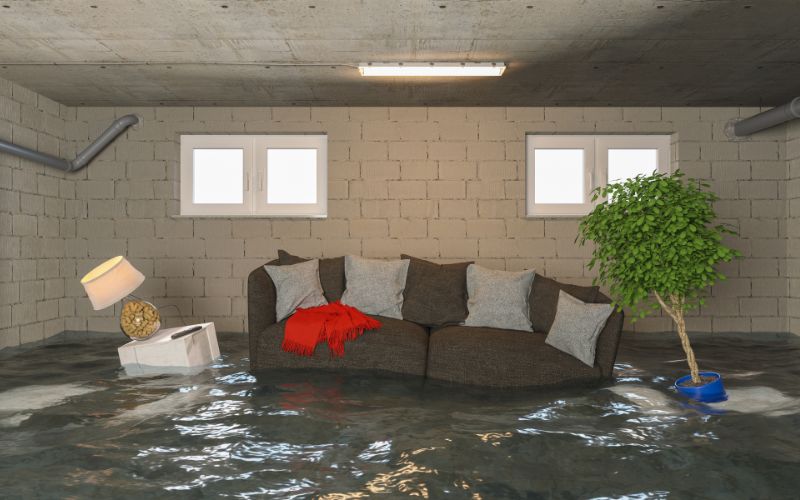
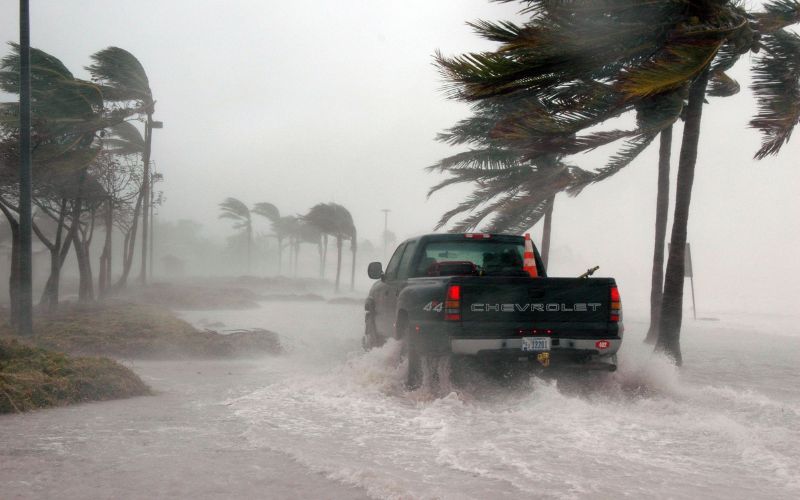
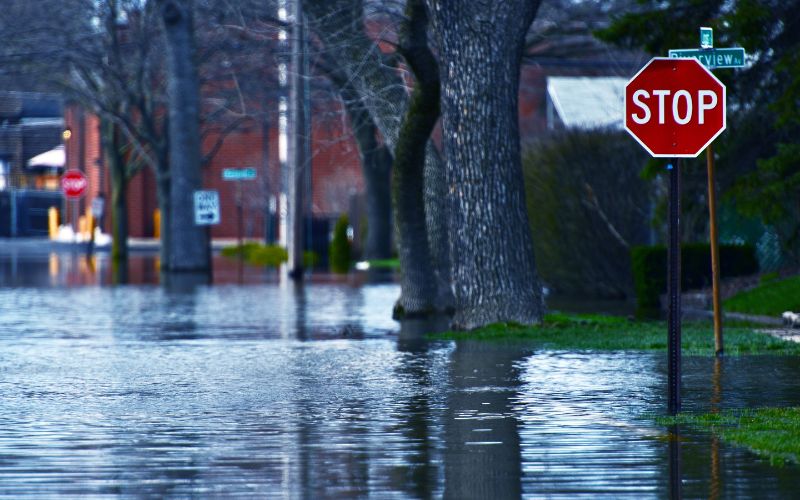
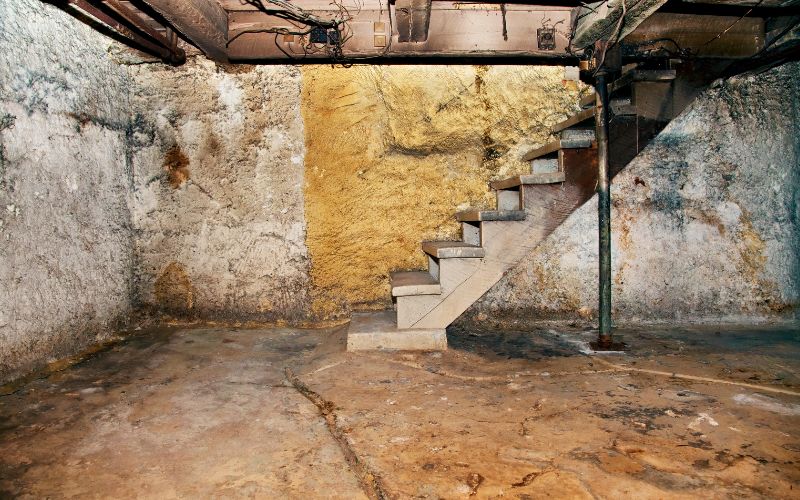
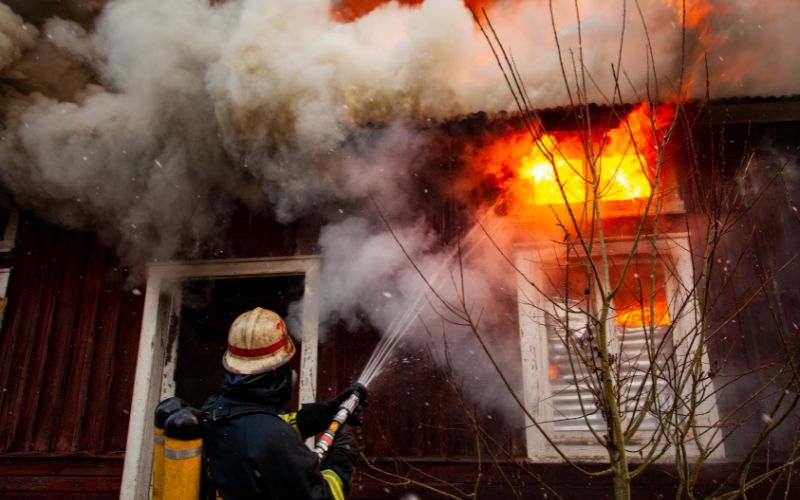




 by
by